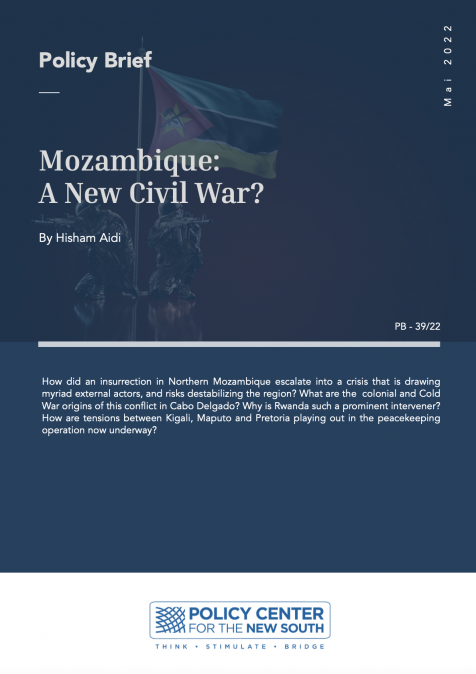APSACO 9th Edition - Competing Influences: Africa and the New Geopolitical Order
The return of Donald Trump to the U.S. presidency has added a new layer of uncertainty to an already volatile international landscape. Early policy signals suggest renewed emphasis on transactional diplomacy, reduced multilateral engagement, and a reshaping of traditional alliances, all of which carry direct implications for Africa. As global rivalries deepen, how can African states define a coherent strategic stance that preserves agency and maximizes leverage? This panel will assess Africa’s diplomatic positioning in response to shifting global alignments and evolving U.S. priorities. It will explore how African countries are recalibrating their external engagements in a context marked by intensified competition, selective partnerships, and normative fragmentation. Beyond external pressures, the discussion will address whether the continent can articulate a common vision to navigate this geopolitical landscape, balancing autonomy with strategic partnerships, and influence with resilience.








